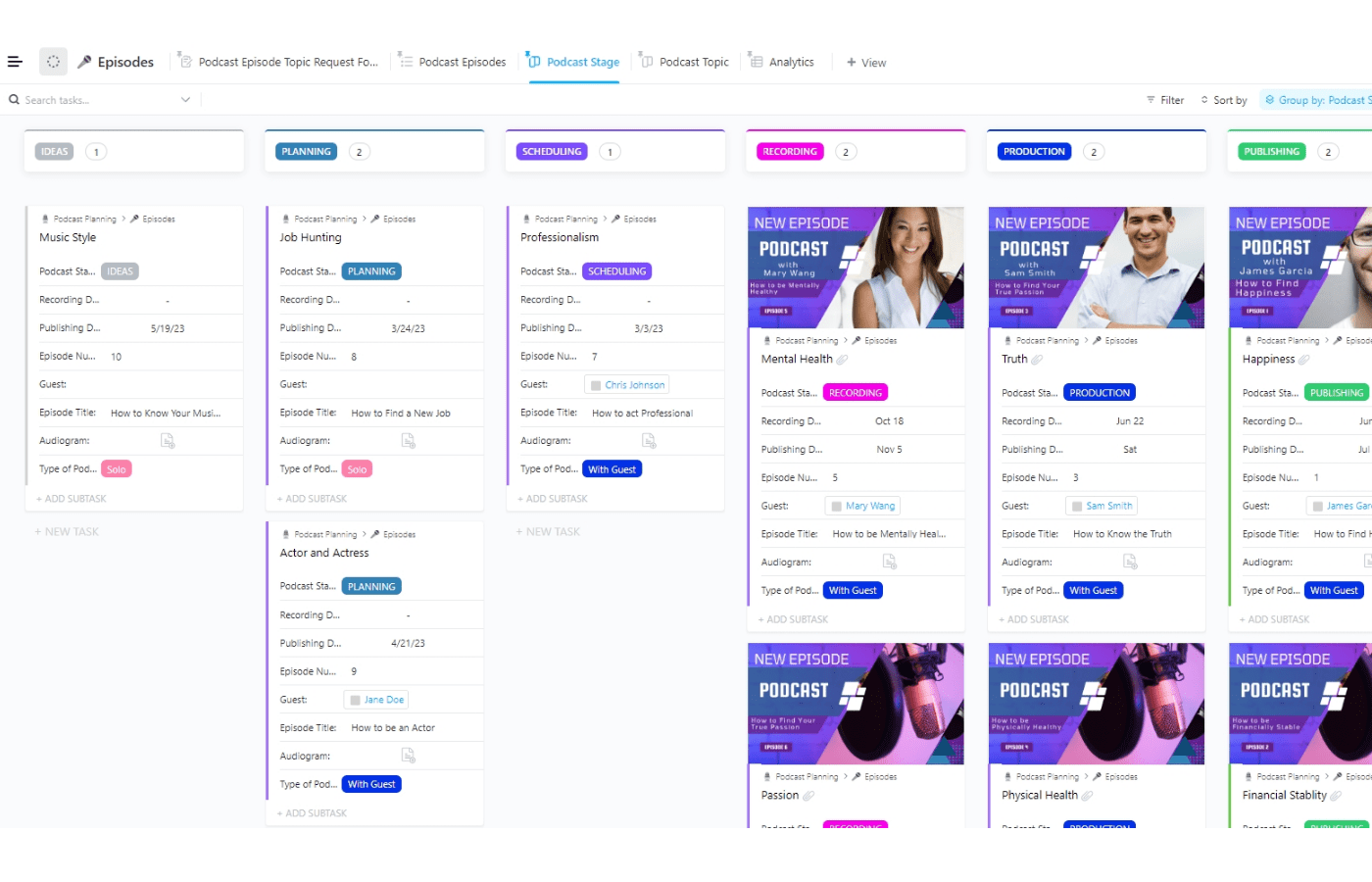Can you think of a single industry that hasn’t been impacted by the evolution of technology? It redefined the way companies and teams work. The project management niche is no exception. To put it in simple terms, contemporary project management techniques are successful only when founded on the right project management tools.
But let’s get to the specifics. What major changes did technology inspire in this industry?
1. Collaboration Became Easy
If you remember the times of sending printed product reports, you’ve been in project management for quite some time. Things no longer work that way. Even email communication is outdated.
Thanks to specialized project management software, a team member can share their work in stages. The other team members can make suggestions, review the progress, and collaborate on better design. Instead of printing out a report for the manager, you simply take a screenshot and share it through the platform you use to collaborate.
2. There’s a “Bring Your Own Device ” Trend
Project-related files are no longer limited to office computers. Thanks to cloud technology and project management software, employees can access and upload files from any device. Thus, it’s easy for them to bring their own devices to work. They can use the same devices to access important documents outside office hours.
This trend supercharges the productivity within teams.
3. Improved Management Efficiency
The best project management tools (Zoho Projects, Liquid Planner, Wrike and others) keep managers updated on the performance of each team member. They know who is lagging behind, but they also distinguish the members who make an extra effort to achieve better results.
Thanks to project management software, project managers can identify the weak points in the team and manage the situation in progress.
4. Consistent Connectivity
Teams interact through mobile apps and social media nowadays. If someone needs guidance from the technical project manager ASAP, they don’t have to wait or call by phone. Project management tools are more effective than phone calls and emails, since the team members can share documents and chat within the app.
5. Project Teams Are No Longer Centralized
Two decades ago, project managers would hardly believe it was possible for them to coordinate a team without face-to-face meetings. We take communication technology for granted nowadays, so we don’t stop to think how it changed the way we work. It’s possible for a digital project manager to hire and manage team members in different countries and time zones.
6. Agile Approach to Project Management
The agile method was first implemented in software development teams, but it’s effective for any other kind of team, too.
In the traditional approach to developing a project, the technical project manager will establish a plan and delegate tasks. In the agile approach, they start with a general idea, clarify some requirements, and rely on frequent feedback and collaboration. None of this is possible without project management software, which keeps the team members connected.
7. Data Analytics Became a Huge Trend
Data analytics became one of the most important project management skills. The team leader should be able to go through all data from previous tasks and projects, so they can recognize opportunities, trends, and weaknesses. They can see if one of the team members performs better at a particular position, so they can continue assigning the right kind of tasks for them. They will also notice if they’ve been spending too many resources on a particular phase, so they can think of various improvements to make.
Modern technology makes data analytics easy. The manager doesn’t have to go through piles of documents to spot the trends. They simply use the right kind of project management software.
8. Improved Stage Tracking
Cloud technology makes project stage tracking really easy. Whenever a team member makes progress on their task, the rest of the team sees that. The project manager tracks the development in real time, so they can evaluate the need for changes without waiting for the final result.
9. More Effective Risk Management
Unnecessary delays occur as a result of improper communication within the team. Thanks to project management tools, that’s rarely a problem today. The manager can identify potential issues during the different stages of development. They can push a team member to work harder, or they can make the needed changes within the team before any delays occur.
10. Technology Imposes the Need for Advanced Skills
Project management skills are no longer limited to strictly “managerial ” tasks. Tech skills play a huge role during the hiring process. A potential manager must show they can handle various types of software and apps. Data analytics are also required among project management skills.
The apps and tools changed everything. A project manager no longer calls the weekly meeting, expecting every team member to brief them on the progress. Today, they get daily updates through the software they use. The team is coordinated, and they collaborate in a much more efficient way.





